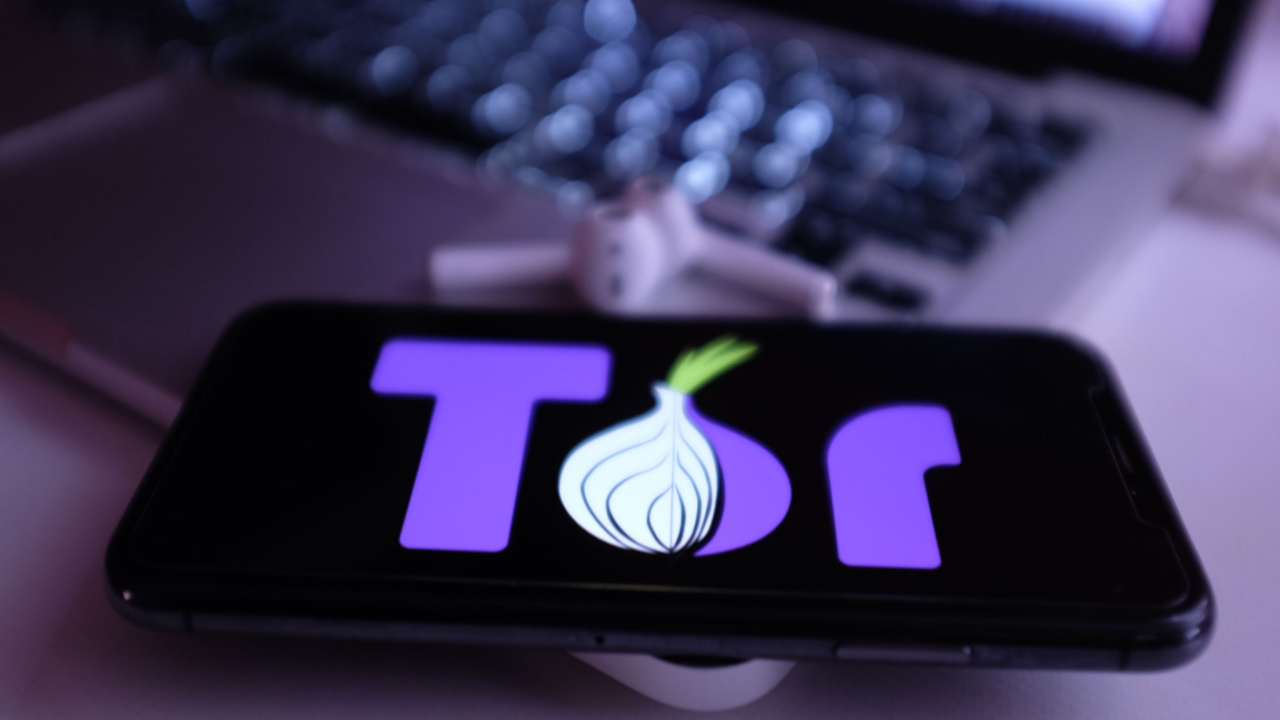
Roskomnadzor is the Russian watchdog for mass media and Russian telecom. It has now restored the Tor Project website’s access, following a delay in implementing a court decision. Lawyers successfully challenged the blacklisting of the site last year.
Roskomnadzor Removes Tor Project’s Site From Blacklist of Banned Internet Pages
Russia’s Federal Service for Supervision of Communications, Information Technology and Mass Media, also known as Roskomnadzor or RKN, has taken the Tor Project’s main site out of its register of internet sources restricted for disseminating prohibited information. The delisting follows a court’s decision and comes with a two-month delay.
In December last year, the government agency made steps to block Russian Internet users from accessing the site. It was necessary to comply with a court ruling made by Saratov District Court late 2017.
Roskomsvoboda is a legal organization that works to protect digital rights in Russia. They challenged the court’s decision citing procedural errors, such as failing to summon the owner. The ruling was overturned by an appeals court in May.
“Roskomnadzor, of course, indecently delayed the unblocking of the site, because the decision to block it was canceled on May 19, and since then there has been no reason to find the Tor Project in the register,” commented Ekaterina Abashina, Roskomsvoboda’s lawyer representing the affected platform.
Quoted in an announcement on the NGO’s website, Abashina remarked that Roskomsvoboda had to explicitly notify the regulator about the unwarranted delay, even though Roskomnadzor was itself involved in the whole process. The response came a month later, with the agency simply stating “we will unblock this site soon,” without specifying when.
Roskomsvoboda’s expert also reminded that the court of appeals has sent the case back to the court of first instance for a new trial, the first hearing of which was expected to take place this week. Forklog, a crypto news outlet, reported that the Tor Project team had released an updated Tor browser in July. This was to allow users to circumvent such restrictions.
In the past few years, websites publishing information or offering services related to cryptocurrencies as well as VPN providers have been also targeted by the Russian telecom watchdog, prosecutor’s office, and courts. However, such platform operators often manage to overcome the sanctions imposed against them by the Russian telecom watchdog, prosecutor’s office and courts due to procedural violations of or a lack of clear regulations.
What’s your take on the case with the blocking of the Tor Project’s website in Russia? Please comment below with your opinions.
Image creditShutterstock. Pixabay. Wiki Commons. Daniel Constante
DisclaimerThis article serves informational purposes. This article is not intended to be a solicitation or offer to sell or buy any product, service, or company. Bitcoin.com is not a provider of investment, tax, legal or accounting advice. The author and the company are not responsible for any loss or damage caused or alleged caused by the content or use of any goods, services, or information mentioned in the article.